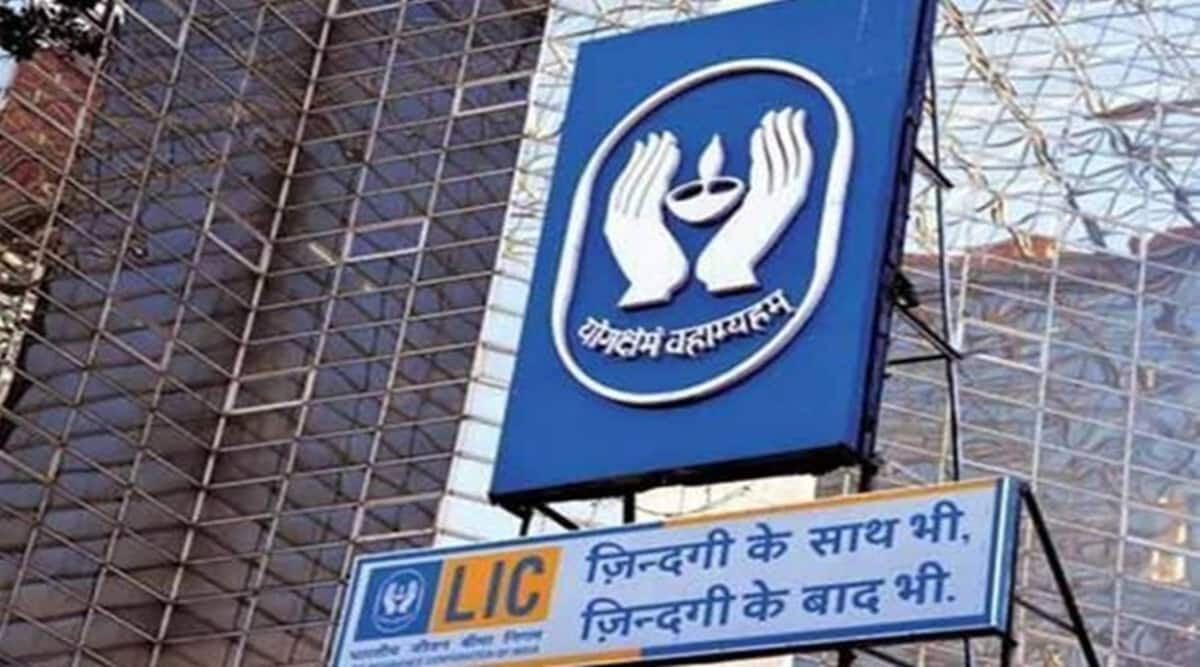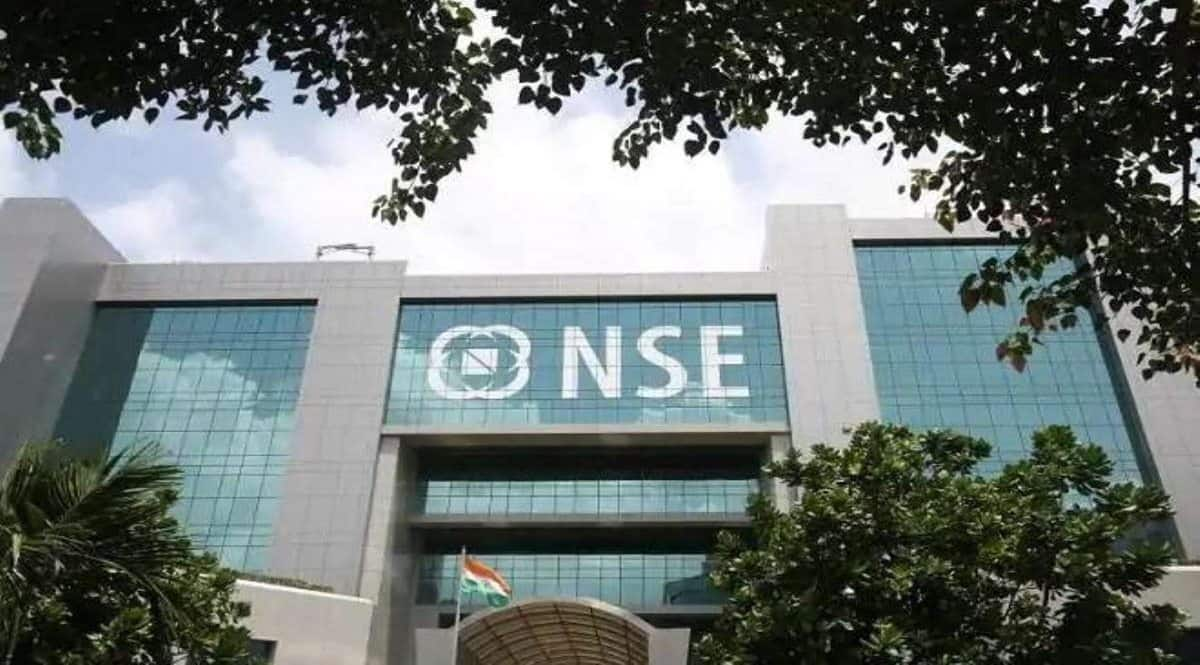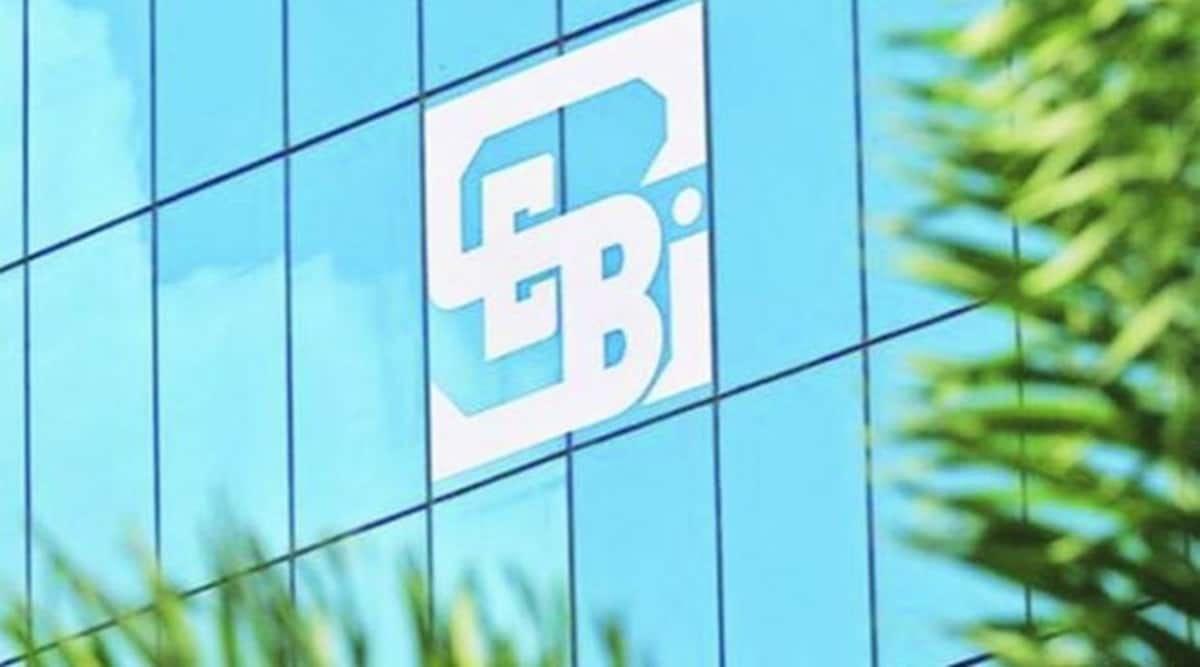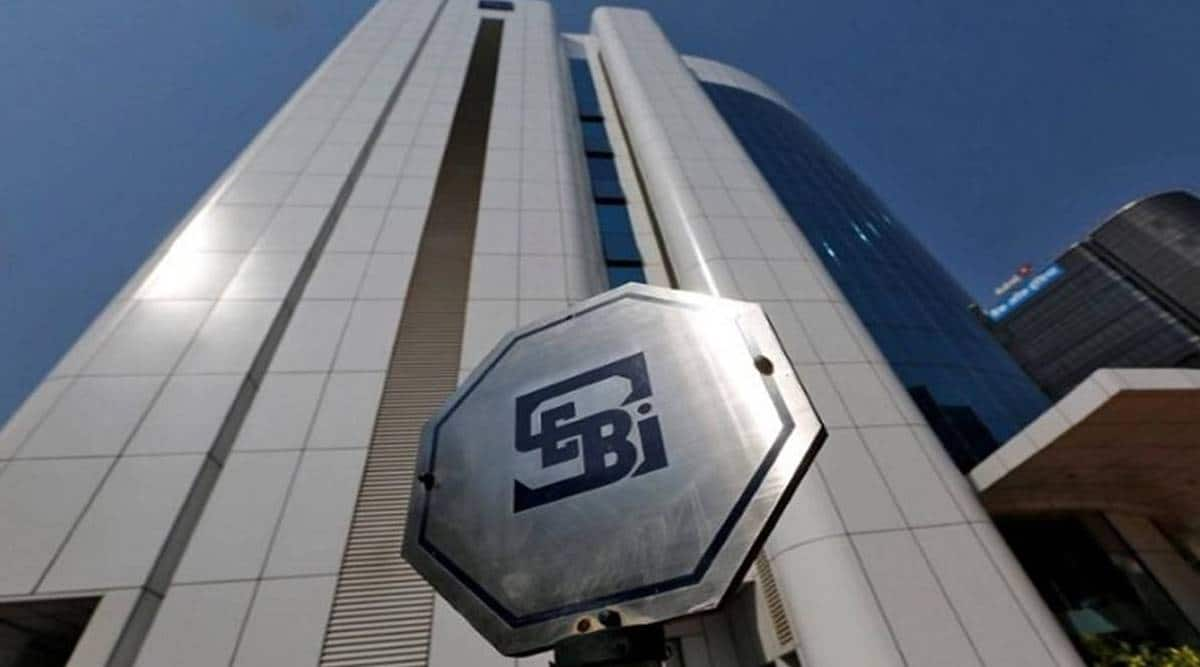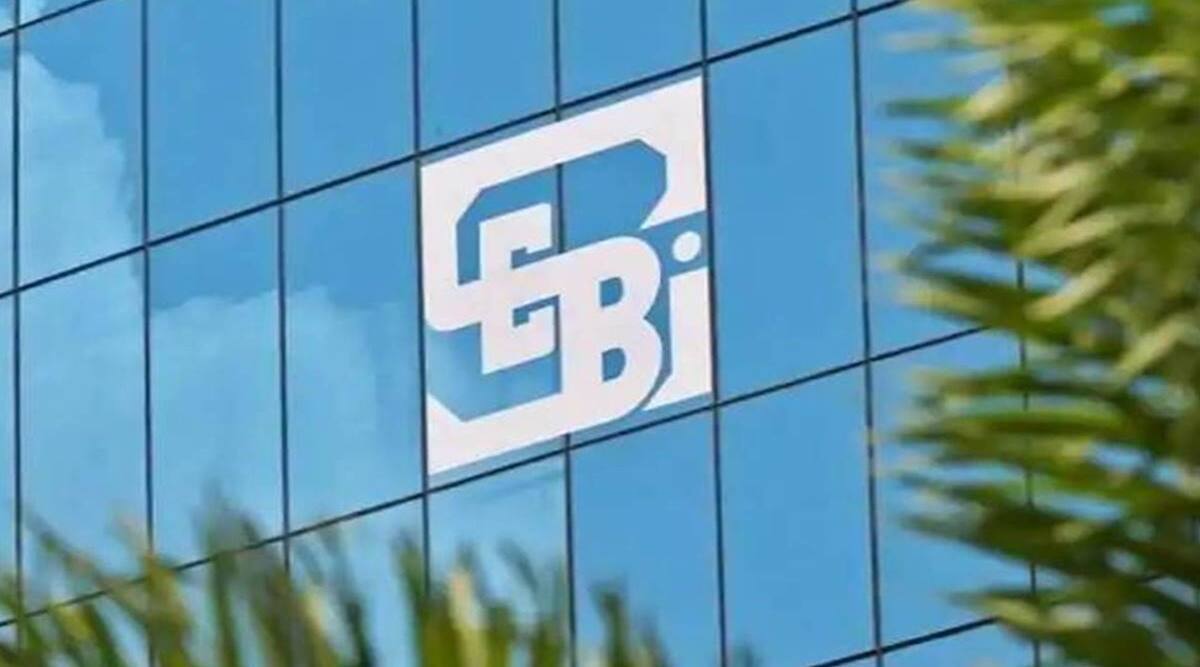By Ashley Coutinho
Life Insurance Corporation of India’s (LIC) bid to buy a 15% stake in India International Exchange (India INX), an international exchange, and a similar stake in India International Clearing Corporation (India ICC) — both promoted by BSE and located at GIFT IFSC — may come to fruition after the government tweaked provisions of the Insurance Act last week to allow Indian insurers to invest in the International Financial Services Centre (IFSC) at GIFT city, Gujarat.
LIC had approached insurance regulator IRDAI for purchasing a stake in India INX earlier this year under the overseas direct investment route. This was turned down by the regulator, citing Section 27E of the Insurance Act, 1938, since GIFT city is an international territory and companies operating in the region were deemed to be overseas entities.
The finance ministry notification could prompt LIC to approach the insurance regulator again seeking a nod for its investment, said people in the know.
India INX already has the approval of International Financial Services Centres Authority, the unified regulator for IFSCs in India, for the transaction.
An email sent to LIC did not get a response. An India INX spokesperson declined to comment.
The notional trading turnover of India INX’s derivatives increased by 46.2% to $2.62 trillion in FY22 from the year-ago period. During the same period, trading volume increased to 151.4 million contracts from 126.4 million contracts the previous year.
“The restriction on Indian insurance companies from investing funds of policyholders outside India has been waived off. However, this benefit can be availed by those Indian insurance companies which will undertake the business of insurance in IFSC,” said Sumit Agrawal, founder, Regstreet Law Advisors and former Sebi officer.
For this, IFSCA has already notified IFSCA (Registration of Insurance Business) Regulations, 2021 and any company which wants to initiate insurance business has to obtain registration according to it. “Necessary approvals will be required from both IFSCA and IRDAI before LIC can undertake its investments,” said Agrawal.
“The regulation which barred investments outside India has been repealed in the recent notification of MoF. While this paves the way for investments for entities being set up in GIFT city, clearer regulations are awaited,” said Rushabh Gandhi, deputy chief executive officer at IndiaFirst Life Insurance.
According to Agrawal, few Indian insurance companies have international presence and this change will encourage them to provide insurance products in IFSC, diversify their investments and take a more global view.
“The insurers could tap the NRI customer base of banks and use it for reinsurance inward. Life insurers could also offer dollar denominated policies to NRE/NRO account holders in India,” said Gandhi.
An expert committee report last year said that NRIs and PIOs should be permitted to buy insurance from companies set up in the IFSC and pay premium in the currency of their choice. A range of products — including term, endowment and unit-linked plans — could be sold at IFSC with the premium not being subject to Goods and Services Tax.
Gandhi said it was too early to comment on the business models that could potentially emerge. “We need to understand the regulations around investments and how best we can deploy funds while minimising the currency conversion risks,” he said.
